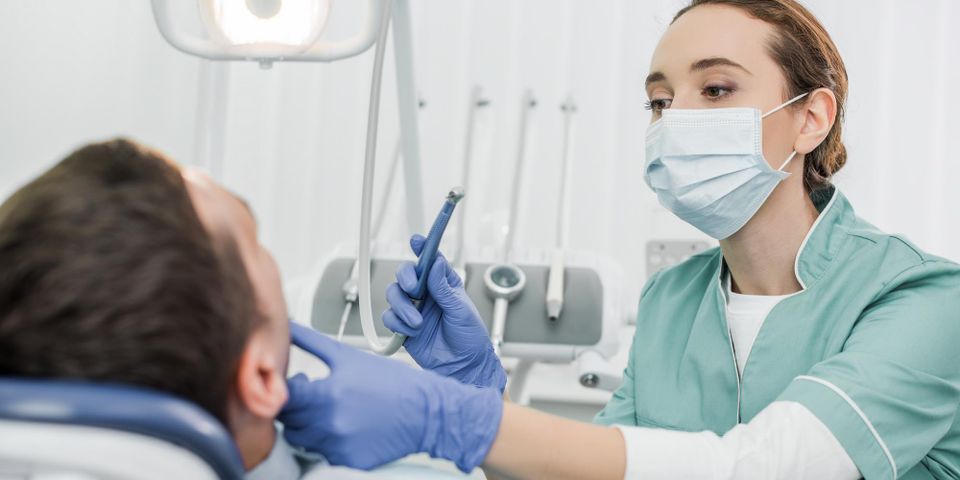
Gingivitis is the first stage of gum disease and a common issue. Without treatment, however, it can progress to periodontal disease, which can cause tooth loss and bone deterioration. Although the effects of gingivitis can escalate quickly, treating the condition is usually straightforward. The following guide explains how you can reverse the signs of gingivitis with a dentist’s help and enjoy healthy, pain-free gums.
Causes
The most common form of gingivitis is caused by poor oral hygiene. When harmful bacteria develop in the mouth, they create a biofilm called dental plaque and hard, yellow spots known as tartar. Plaque and tartar irritate the gums, creating inflammation.
Someone can also develop non-plaque-induced gingival lesions, which are less common. Sometimes this can be attributed to a systemic illness, allergic reaction, virus, or denture irritation.
Risk Factors
Some conditions can increase your risk of developing gingivitis, including:
- Pregnancy
- Menopause
- Cancer
- Diabetes
- HIV or other immunocompromising condition
- Dry mouth
- Smoking tobacco
- Vitamin C deficiency
- Family history
If you have some of these risk factors, it doesn’t mean you’ll develop gingivitis. The most effective way to prevent gum disease is to practice strong oral hygiene. Brush your teeth at least twice a day, floss daily, and see your dentist at least once every six months. Some people could benefit from additional measures, like using mouthwash and a fluoridated toothpaste with tartar control.
Symptoms
 It’s common to not experience any symptoms with mild gingivitis, which is why it’s important to have routine oral exams and screening. But the following signs could indicate a problem:
It’s common to not experience any symptoms with mild gingivitis, which is why it’s important to have routine oral exams and screening. But the following signs could indicate a problem:
- Swollen gums
- Bleeding when you brush or floss
- Bad breath
- Gum recession
- Bright red or unusually dark gums
If you notice new spaces between teeth, discharge, or pain when you chew, these are symptoms of advanced periodontal disease, and you should see a dentist right away.
Treatment
To treat gingivitis, have your teeth cleaned professionally. Only a dentist can safely remove tartar from your teeth. After your teeth have been cleaned, scaled, and polished, your dentist will likely recommend a fluoride treatment and a follow-up date for your next appointment.
If you have gingivitis, treat the diagnosis as a wake-up call. Inflammation is the first sign of gum disease, which will become progressively worse unless you take action early. If you’ve experienced any signs of gum disease and want to be proactive about your oral health, S. Jill Spurlin, DMD, can help. Dr. Spurlin sees patients ages 15 and older in Enterprise, AL, and is passionate about providing a gentle, compassionate approach that empowers patients. To learn more, visit her website or call (334) 475-2624 to schedule an appointment with the dentist today.
About the Business
Have a question? Ask the experts!
Send your question

